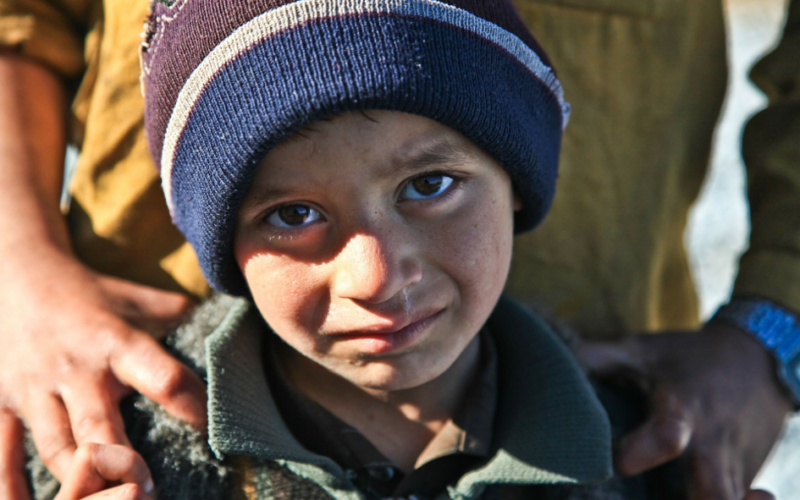According to data, there are nearly 440,000 deaths in the United States each year related to Adverse Childhood Experiences, most caused by heart disease, cancer, and suicide.
New York, NY (Business Northeast) – A study from Columbia University Mailman School of Public Health and Harvard University shows that childhood adversity is an important factor that affects physical and mental health in the long term and is associated with an increased risk of chronic diseases. People who have encountered childhood adversity have a higher risk of heart disease, cancer, and overall mortality. The research results are published in JAMA Pediatrics.
What is childhood adversity? Childhood adversity is used to indicate the negative experiences that children may encounter during their growth, including physical or sexual abuse, physical or emotional neglect, domestic violence, imprisonment, or living with family members who abuse drugs. If parents are separated or divorced, they do not provide enough love and care for their children, which may also lead to childhood adversity.
Researchers used PsycINFO and MEDLINE databases to analyze 19 studies involving 20.6 million people and found that childhood adversity is associated with many preventable diseases, harmful behaviors, and mortality. On the other hand, the prevalence of childhood adversity was extracted from the National Comorbidity Survey Adolescent Supplement, so this is a representative survey.
“Childhood adversity has consistently been identified as a powerful determinant of physical and mental health,” said Katherine M. Keyes, Ph.D., associate professor of epidemiology at Columbia Mailman School, and a study co-author. “Our research is a novel synthesis of evidence to estimate the scope of health burden and preventable mortality. Incorporating a life-course perspective, the findings indicates that childhood adversity is closely linked to morbidity and mortality in the US and a preventable determinant of mortality.”
“Our study adds to a growing literature demonstrating that social determinants of health are important to consider as preventable causes of death. By reframing how we think about the causes of death, the resources available to address population health may be allocated more effectively.” ” The prevention of childhood adversity and the intervention on pathways that tie these experiences to elevated disease risk should be considered a critical public health priority.”
Studies have also shown that childhood adversity causes approximately 439,072 deaths from heart disease, cancer, and suicide in the United States each year; 15% of deaths in the United States in 2019 are related to childhood adversity. Childhood adversity in the United States is also related to tens of millions of behaviors that damage health, including more than 22 million cases of STD infections, 21 million cases of illegal drug use, 19 million cases of elevated inflammation, and more than 10 million smoking behaviors and lack of sports.
If a child has experienced one or more adversities before the age of 18, including abuse, neglect, domestic violence, and economic adversity, it may harm their health. In the case, 38% of suicide attempts and 33% of STD infections were related to childhood adversity. Researchers said that we should be more active in solving the problem of childhood adversity and face up to the connection between these problems and health to prevent tragic events and save more lives.










